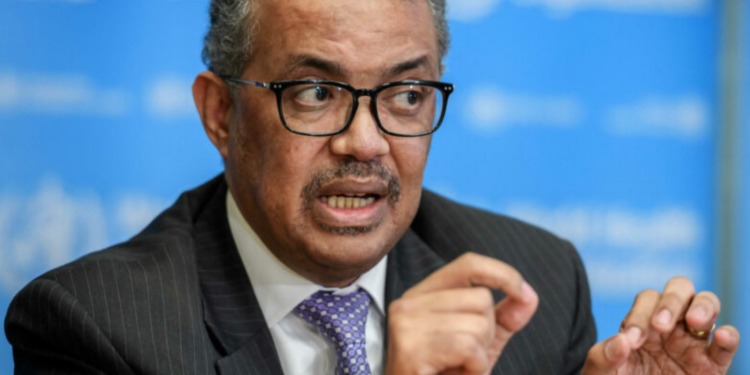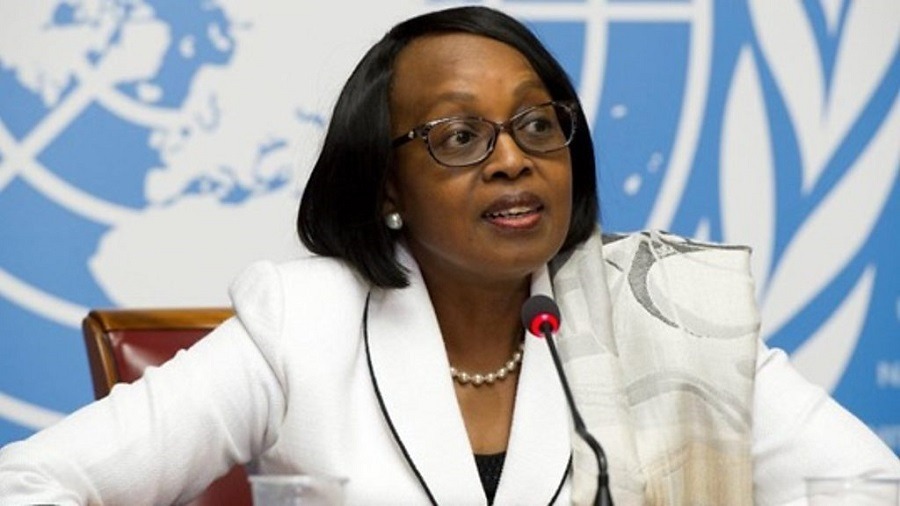The World Health Organization (WHO) has secured $1.7 billion in pledges during its inaugural Investment Round, WHO Director-General Dr. Tedros Adhanom Ghebreyesus announced today at a media briefing. These funds are part of a broader effort to implement WHO’s global strategy to safeguard health and save 40 million lives over the next four years. Dr. …

